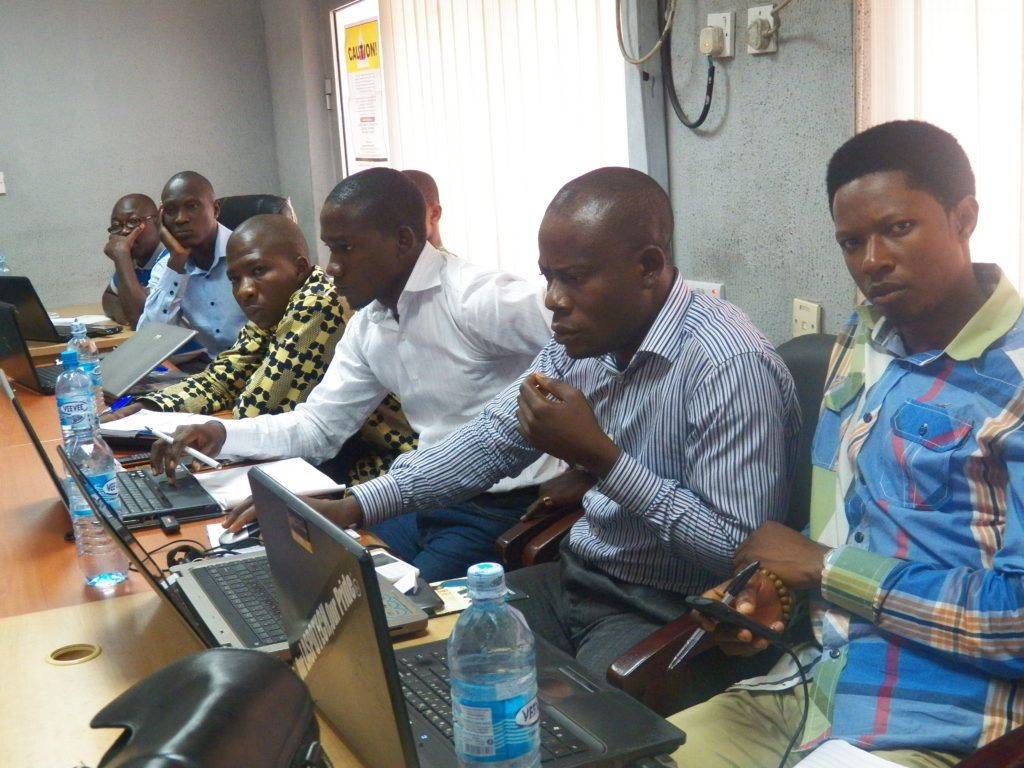Lekan Otufodunrin, Solutions Journalism Africa Fellow writes in his weekly column in The Nation Newspapers, Nigeria writes on why journalists and media organisations should be more interested in adopting Solutions Journalism reporting.
IF you are tired of reading and listening to never-ending stories of problems and crises in the country and worldwide in the media, I understand why. Such stories can be very depressing and fearful.
They leave one very confused and hopeless about the future. I know people who have stayed away from the media because they just want to retain their sanity and would prefer good news instead of what makes the headlines.
But the media cannot be blamed for the supposedly negative reports they give prominence. The numerous problems are real and there is no need to deny their existence. They need to be highlighted for the government and other concerned organisations and individuals to solve the problems.
Read also: Nigeria Radio launches Solutions Journalism desk, trains staff
Being the watchdog of society and holding the government accountable requires that the media should not shy away from drawing attention to crucial issues, no matter how unpalatable they may be for the authorities concerned and their audiences.
However, what the media needs to do more of is to be equally interested in highlighting the solutions to the problems and challenges people have to contend with.
Sometimes, the situation may not be as hopeless as it seems based on media reporting. There are solutions to social problems worldwide which people should know about to reflect the totality of our existence.
Various organisations and individuals have come up with solutions to which journalists should give equal attention in their reporting while still subjecting them to critical evaluation.
Solutions journalism practice which is much needed more than ever before as aptly defined in Wikipedia is an approach to news reporting that focuses on the responses to social issues as well as the problems themselves. The stories are anchored on credible evidence, which explains how and why responses are working, or not working.
It involves rigorous investigation. It is not promotional or praise-singing reports so that no one is fooled about any claim. Solutions stories according to the Solutions Journalism Network do not celebrate responses to problems, or advocate for specific ones; they cover them, investigating what is done and what the evidence says worked and didn’t work about it and why, including the limitations.
I’m intrigued by how media reporting of the myriads of problems in Nigeria can be improved through Solutions Journalism and I am glad that I was recently named as one of the inaugural fellows for the Solutions Journalism Africa Fellowship under the Solutions Journalism Network’s Africa Initiative.
My project tagged West Africa Solution Journalism Hub will involve having a dedicated section of the website of the Media Career Development Network which I head for story ideas, reports, links, and career resources related to solution journalism. I will also be working with a network of journalists from West Africa, including writers with disabilities to produce content for the hub.
Four other Nigeria colleagues and Five Kenyan journalists will also be implementing various Solutions Journalism projects which will definitely impact journalism practice in the continent and as David Bornstein, one of the Co-founders of the Network said at the inauguration of the fellowship, build a better news ecosystem, “to move us out of the direction of fear and more in the direction of credible hope.”

